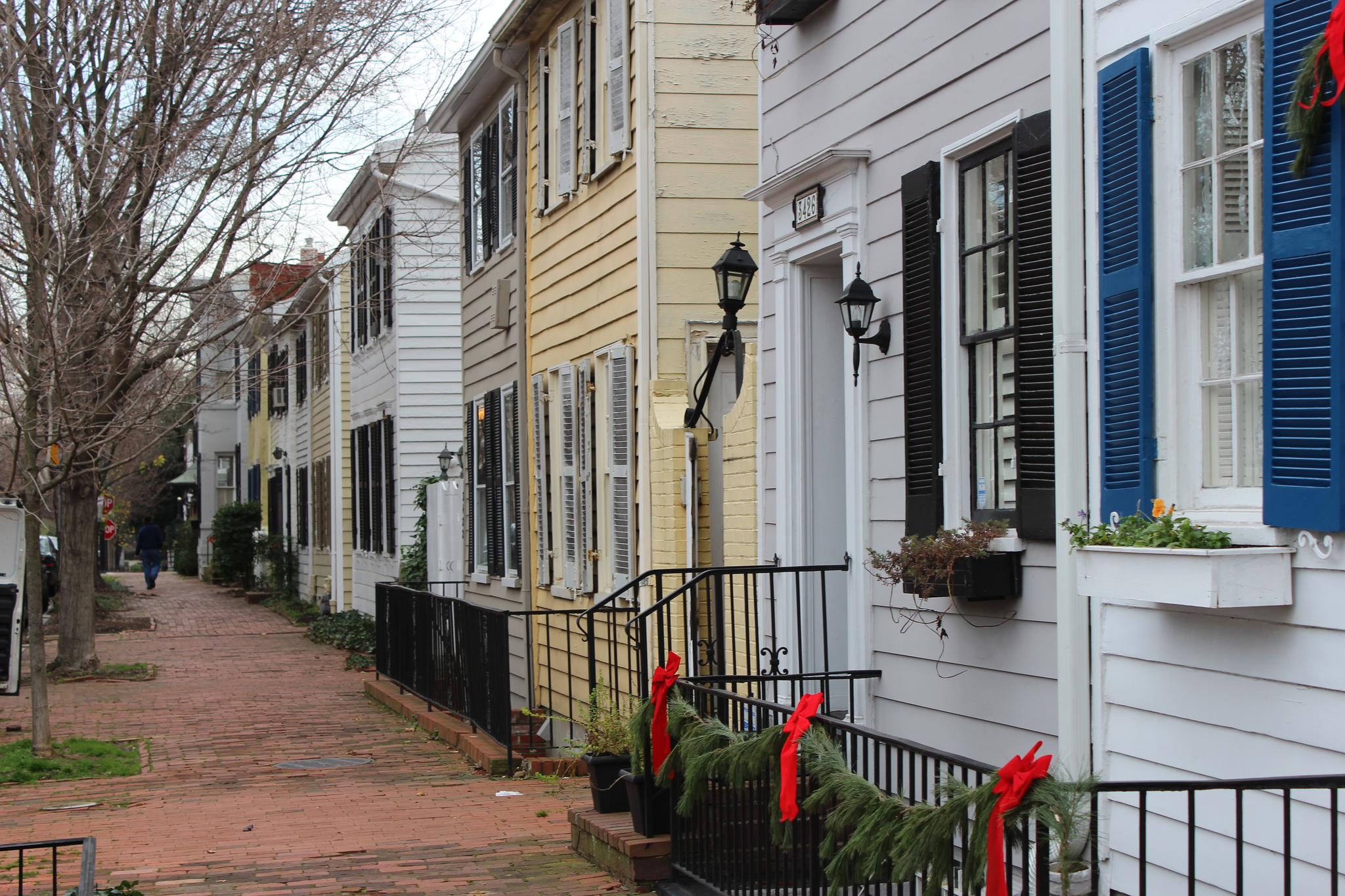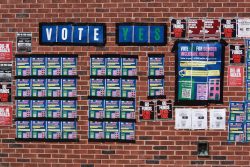Many Hoyas take their first plunge into the cesspool that is real estate market when they rent an off-campus townhouse during their junior or senior years. A new rule to be implemented this July by the D.C. government’s Office of the Tenant Advocate requiring landlords to provide would-be renters with a “Tenant Bill of Rights” makes the waters a little less intimidating for first-time leaseholders.
The document, a product of the Tenant Bill of Rights Act of 2014 signed into law last August, is meant to be a knowledge base for renters, say, juniors and seniors scouring Burleith or West Georgetown for a place to stay, who may not be fully aware of their rights under housing law—and knowledge, of course, is power.
We applaud the D.C. Council’s initiative in creating this common-sense document, which stands to benefit our neighbors as well as students. One of their major gripes during the negotiations leading up to the 2010 Campus Plan was that landlords and lessees alike were poor stewards of their rented homes. In 2004, a student, Daniel Rigby (SFS ’05), died in a Prospect St. house fire. The building he lived in did not meet fire safety codes.
Reviews of landlords and the leases they make on Roomr, an off-campus housing database, reveals just how useful the new Tenant Bill of Rights may be. One fairly representative townhouse review claims that a specific landlord’s lease is “the product of an insane person’s mind.” The Tenant Bill of Rights makes it clear that landlords “may not unreasonably interfere with [tenants’] comfort, safety, or enjoyment.” Presumably, crafting leases that ban “music with drums” is contestable under D.C. housing law.
The Tenant Bill of Rights may well encourage landlords and lessees to take more ownership over their townhouses and could, in the long run, make off-campus living more palatable to our neighbors. It’s important to remember, however, that it is merely a legal cheat sheet. Tenants still have to bring complaints to the District’s Department of Consumer and Regulatory Affairs (DCRA), which is responsible for inspecting homes and redressing code violations. It’s also known for notoriously slow response times. The government should commit to strengthening and streamlining DCRA’s housing inspection resources to protect all tenants, especially first-time leaseholders in the District.
Despite what our neighbors might have in mind, Georgetown students are going to continue renting private townhouses, which are simply cheaper and better quality than on-campus housing, for the foreseeable future. As long as off-campus housing remains a reality of undergraduate life, landlords must make their properties as safe as possible. The Tenant Bill of Rights connects students with the tools they need to ensure that their homes are up to code. That way, preventable deaths like Rigby’s will remain just that—preventable.
File Photo: Georgetown Voice





